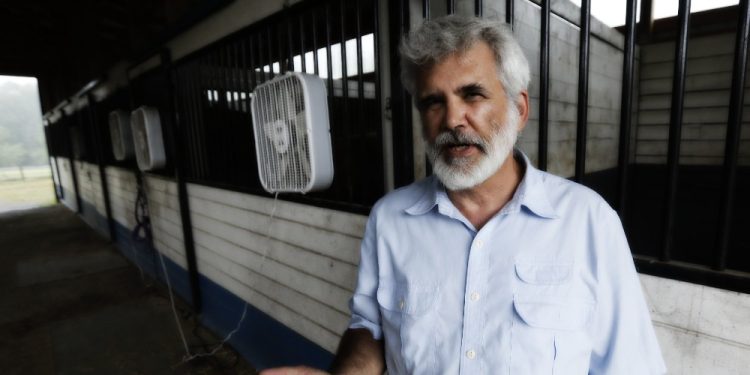(Natural News)—Humanity is at war, but not necessarily against the targets most people are aware of, i.e., Klaus Schwab of the World Economic Forum (WEF) or Bill Gates of Microsoft-turned-“philanthropy” fame.
According to Dr. Robert Malone, one of the inventors of mRNA (modRNA) “vaccines,” the true puppet masters are hidden from humanity as part of what he describes as 5th generation warfare.
“In true 5th generation warfare, you do not know who your opponent is,” Dr. Malone says.
“For example, who is the puppet master behind the COVID crisis? Was it Klaus Schwab? Was it Fauci? No. These are all surrogates. There is someone above Klaus and these people. You don’t know who’s propagating the COVID response, and that’s what 5th generation warfare is.”
According to Dr. Malone, humanity at large was just subjected to the largest and most coordinated psychological warfare campaign in human history, referring, of course, to the Wuhan coronavirus (COVID-19) “pandemic” and the government’s response to it.
For three years and counting, various non-governmental organizations (NGOs), in partnership with Western governments and pharmaceutical companies, the media and financial corporations, deployed full-scale medical fascism on We the People with prejudice, killing millions in the process.
They all worked via public and private partnerships to create and unleash the largest, most globally harmonized, psychological propaganda operation known to mankind – and the effects, as we can all see, have been devastating.
Dr. Robert Malone explains how humanity is at WAR :
“In true 5th generation #WARFARE, you do NOT know who your opponent is :
For example, who is the PUPPET-MASTER behind the COVID crisis!? Was it #KlausSchwab? Was it Fauci!? NO!! These are all SURROGATES, there is… pic.twitter.com/1lcv0g0QMC
— Kevin – WE THE PEOPLE
– DAD
(@bambkb) February 25, 2024
(Related: Did you catch the admission last fall from Moderna that its mRNA Wuhan coronavirus [COVID-19] “vaccines” cause cancer?)
Economic, biological and information warfare
With 5th generation warfare, there are many weapons and fronts that the globalists use to wage war on the masses. With COVID, it appears to have been a biological threat coupled with an information threat, an economic threat, a societal threat and even a religious threat – remember: the churches were shut down in many areas to “protect” people from the “virus.”
When the economy began to tip over the edge in the early days of the “pandemic,” the infamous plunge protection team (PPT) via the private Federal Reserve central banking cartel came to the “rescue” with a pump, which drove up inflation and later led to massive interest rate hikes – this is the economic warfare component in action.
Then there was Big Pharma, which was ready at the helm with the help of the Trump regime to unleash Operation Warp Speed, which later under the Biden regime forced tens of millions of people to get injected with COVID “vaccines” or else lose their jobs, education and/or livelihoods.
The corporate-controlled media was also there just in time to pump out endless propaganda designed to scare people into staying home, into wearing a mask, into getting “booster” shot after “booster” shot, all while thanking the government and the pharmaceutical industry for bringing us the “cures.”
And let us not forget the ongoing geoengineering operations that are seeding the skies with chemicals, fake clouds and who knows what else, all to “decarbonize” the planet and save us all from “global warming” and “climate change.”
“This attack on humanity had its beginnings in 1913,” noted someone on X, referring to the year the Federal Reserve was born.
“The Rockefellers and the Welcome Committee made laws so that any medical intervention had to be via pharma.”
More of the latest news about the globalist assault on humanity can be found at Globalism.news.
Sources for this article include:





